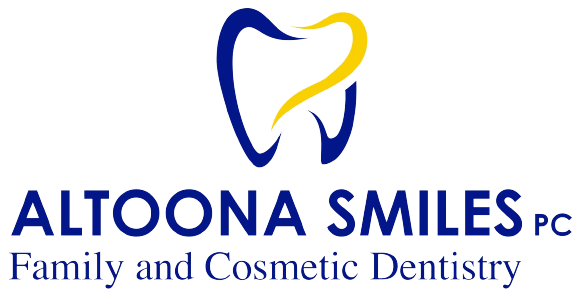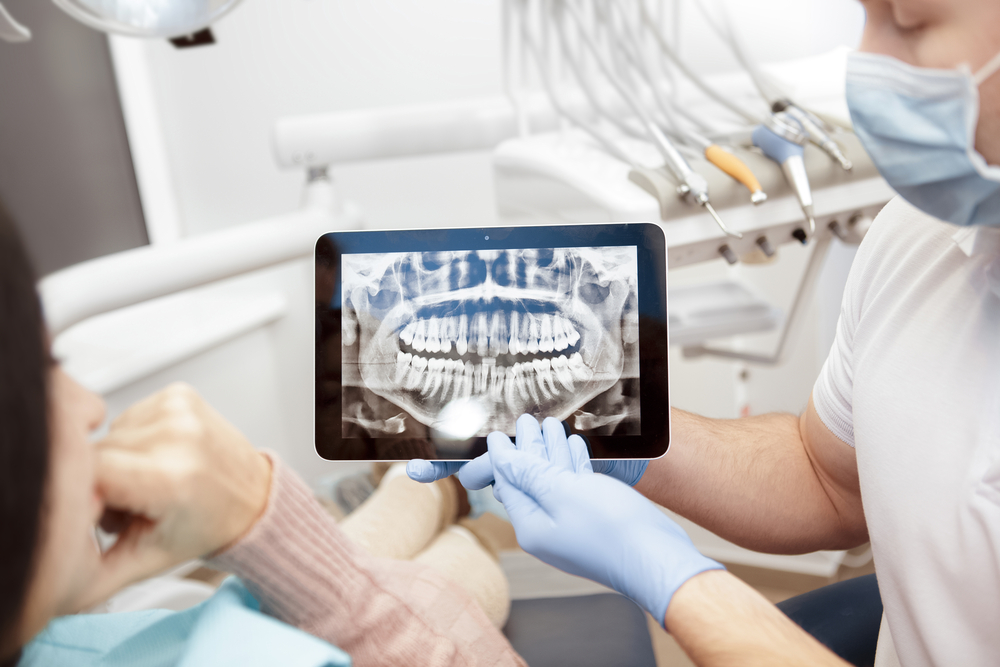If you want to learn 12 fun facts about dental implants, read this guide brought to you by Altoona Smiles.
What Is Restorative Dentistry?
While cosmetic dentistry focuses on appearances, the health and function of your mouth is also incredibly important. Restorative dentistry is used to repair or replace damaged or missing teeth so that patients can maintain chewing ability and good oral health. Common restorative dentistry measures include crowns, bridges, dentures, and dental implants.
What Are Dental Implants?
Dental implants are small titanium posts that are surgically placed in a patient’s jawbone to serve as the root of a missing tooth. A crown (or replacement tooth) is created to match the rest of your natural teeth, and is fitted over the metal post so that your chewing and speaking ability won’t be impacted by a missing tooth.
What Are 12 Fun Facts About Dental Implants?
- In 1937, the first screw dental implant was placed.
- We use a strong metal called titanium in modern dental implants thanks to a discovery made in 1952 by P.I.Branemark, a Swedish orthopedic surgeon. Branemark discovered that titanium naturally fuses with bone. It was remarkable that this metal would not be rejected by living tissue. Branemark then dedicated his time to researching and developing a system of dental implants using titanium.
- Just a year earlier in 1951, the American Academy Of Implant Dentistry was established by a small group of dentists that wanted to share their knowledge on implantology.
- Humans have been creating dental implants long before the screw dental implant or advancements using titanium. Evidence includes a Mayan woman from 600 AD with tooth-like pieces of shell in her jaw. Other materials used for early dental implants include stone.
- The earliest version of the modern dental chair can be traced back to 1790. American dentist Josiah Flagg modified a plain wooden chair for his dental patients by adding an adjustable headrest and arm extension to hold dental instruments.
- Contemporary dental implants have been used safely and successfully for over 3 decades.
- When you undergo dental implant surgery from a trained and experienced dentist, you can expect it to be one of the safest and most predictable surgeries on earth.
- Modern-day dental implants are incredibly effective at preserving natural bone. It is believed that, without a dental implant in place, the gap from a missing tooth can cause the underlying jawbone to deteriorate due to a lack of stimulation.
- In the US, over 3 million people have dental implants. Every year, this number goes up to account for another 500,000 patients as more and more people elect to get this beneficial restorative dentistry procedure.
- In recognizing long-term benefits, more and more insurance companies offer dental implant coverage to their clients.
- Dental implants obviously won’t decay like natural teeth, but both natural teeth and dental implants benefit from your regular habit of brushing twice and flossing at least once per day.
- Other restorative dentistry options such as bridges or dentures need to be replaced every 5-10 years. With proper care, dental implants can last for decades.
Who Can I Consult For Dental Implants In The Altoona, IA Area?
If you are in need of restorative or emergency dental care services in Altoona, IA and the surrounding neighborhoods, consider Altoona Smiles. We aim to provide exceptional dental care to all of our patients and protect their smiles for a lifetime.
For general dentistry and family care services such as your twice-a-year check-up and professional clean, you should make an appointment whether or not someone is experiencing a toothache. Call 515-200-1299 to ask the experts about Altoona Smiles about dental implants or schedule a visit today.







